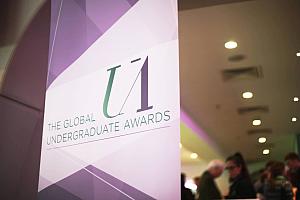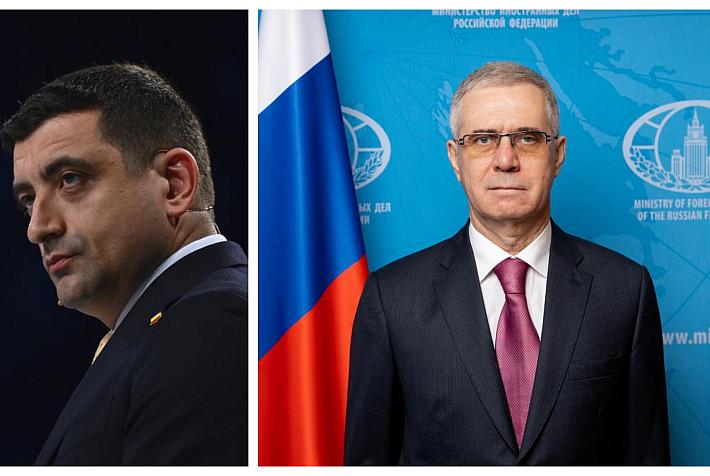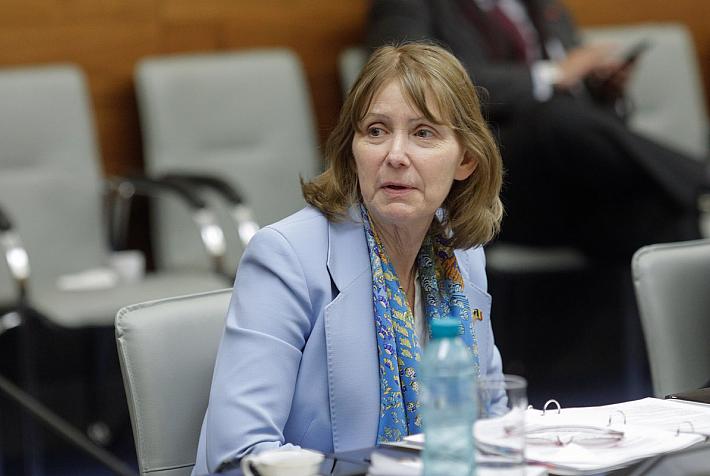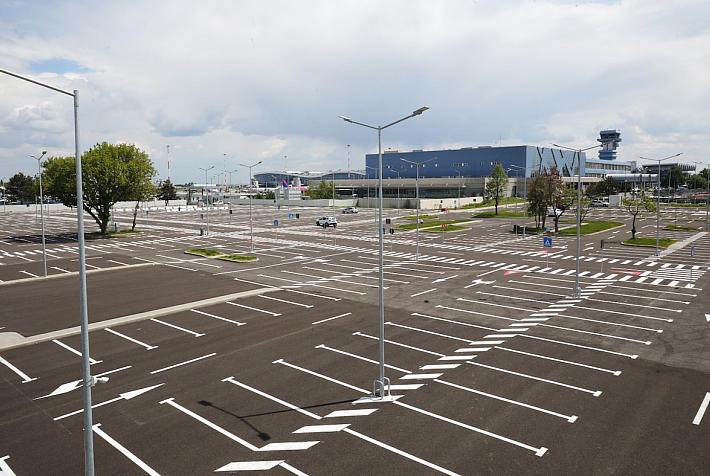Network of investigative journalists co-founded by Romanian journalist nominated for Nobel Peace Prize

The Organized Crime and Corruption Reporting Project (OCCRP), a network of investigative journalists who shed light on transnational criminal organizations and corruption co-founded by Romanian journalist Paul Radu, has been nominated for the Nobel Peace Prize.
The nomination was made by Professor Wolfgang Wagner of Vrije Universiteit Amsterdam. He wrote in the letter of nomination that "OCCRP contributes to peace by exposing political corruption and organized crime.”
The OCCRP says that they feel honored by the nomination and glad at the fact that the world is realizing how important investigative journalism is in a global society. "We are honored to have been nominated for one of the most prestigious awards in the world. But perhaps even more importantly, it is encouraging to know that some people realize how investigative journalism contributes to building a more equitable, fair, and peaceful society," the organization said.
With the occasion of their nomination, OCCRP journalists announced a new investigation related to the fact that a group close to the Kremlin arranged payments to European politicians in exchange for support for the annexation of Crimea by Russia.
The OCCRP was founded by Romanian journalist Paul Radu, also the founder of Rise Project Romania, and Drew Sullivan. Over the years, the project has grown to become the largest network of investigative reporters covering organized crime and corruption in the world.
“We have editors on every continent and it’s very interesting and, we think, useful work, because there’s impact. When you have an organized crime network, for example, that operates in Romania, but has connections to other countries, if you write and show who the people are and what they do, their business or political interests, it could be that the story has no impact in Romania, but has an impact in other parts of the world and that network collapses. This is the beauty of cross-border investigative journalism: something happens somewhere, and there's always a reaction,” said Paul Radu in an interview for Investigatoria.
OCCRP has been around for more than 15 years, starting with a staff of seven or so people in 2006. “From there, we investigated large cases of corruption around the world. OCCRP is a kind of engine of global investigative journalism, as we worked on the Panama Papers and Paradise Papers, among other major investigations,” said Paul Radu.
The group now has employees in the South Pacific, Papua New Guinea, Latin America, and Asia, after starting in Romania and Bosnia and Herzegovina. “If you investigate organized crime, you end up in Latin America, the USA, and the UK, you end up everywhere. These networks have spread globally and use various financial tools provided by Western countries to steal from poorer countries as well as resource-rich ones,” Radu added.
OCCRP and the Rise network collaborate with traditional media such as The Guardian, the BBC, Der Spiegel, and others. Over time, OCCRP developed the technology needed for global investigations, as well as a detailed editing process defined by fact-checking. In total, the organization contributed to the recovery of almost USD 10 bln from organized crime and corrupt corporations.
(Photo source: Bertil Jonsson | Dreamstime.com)












